
HSE Researchers Join Forces with Yandex Cloud to Develop a Neural Network for Predicting El Niño
A team of researchers from HSE University, jointly with the Yandex School of Data Analysis and Yandex Cloud, have developed a neural network for anticipating El Niño climate anomalies. The new algorithm enables more precise predictions of changes in the average surface temperature of oceanic waters that can trigger natural disasters in specific regions of the world. At present, the model is capable of predicting El Niño events one and a half years in advance, and the researchers are working towards extending the forecast period to two years.
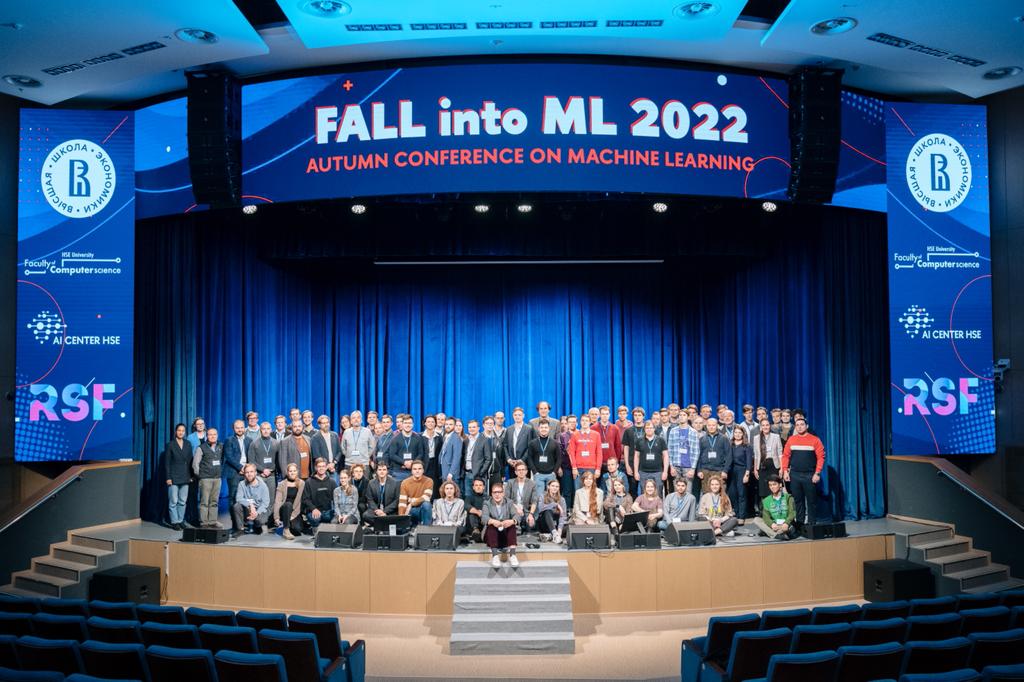
Fall into ML 2023: HSE University’s Faculty of Computer Science Organises Conference on Machine Learning
On October 26–28, HSE University’s Institute of Artificial Intelligence and Digital Sciences at the Faculty of Computer Science will hold a conference titled Fall into ML 2023 withsupport from the HSE University AI Research Centre . The event is dedicated to promising directions of fundamental AI development.
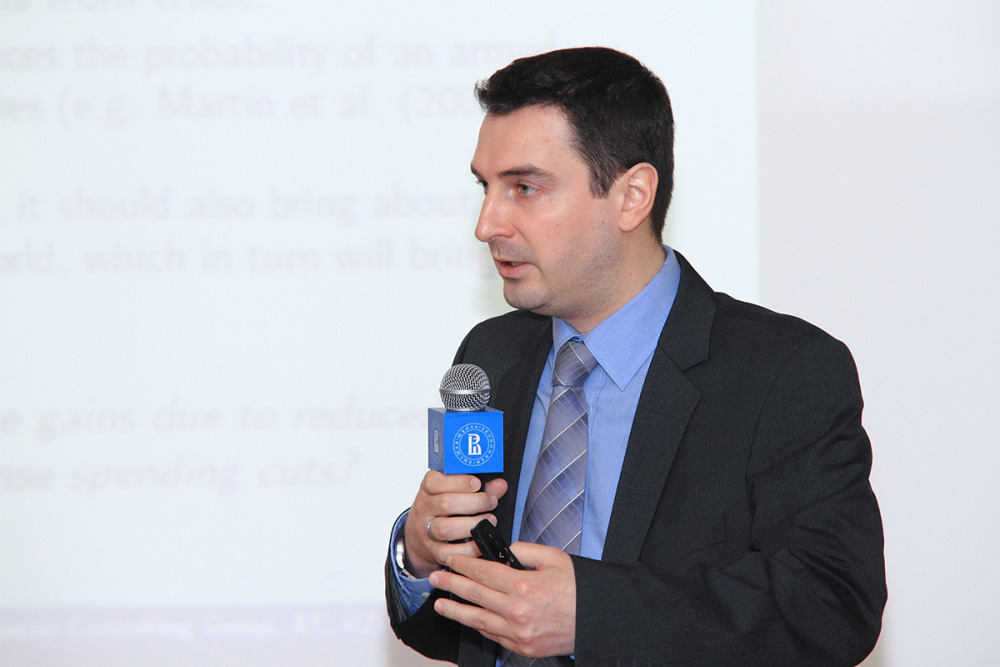
‘If I'm Interested in a Research Question, I'm Ready to Work in a New Field’
Alexander Tarasov is the Head of the Department of Theoretical Economics at the Faculty of Economic Sciences (FES) and Leading Research Fellow at the Centre for Market Studies and Spatial Economics at HSE University-St Petersburg. In his interview, Alexander talks about the appeal of academia, the challenges that await graduate students, and his research into the impact of railroads on economic growth, affirmative action in university admissions, and much more.
.jpg)
HSE Biologists Explain Mechanism behind Coronavirus Evolution
A team of researchers, including scientists of the HSE Faculty of Biology and Biotechnology, have analysed the evolutionary path of the coronavirus from the Wuhan variant to Omicron. Their findings indicate that many genomic mutations in SARS-CoV-2 are shaped by processes occurring in the intestines and lungs, where the virus acquires the ability to evade the inhibitory effects of microRNA molecules. The study findings have been published in the Journal of Medical Virology.
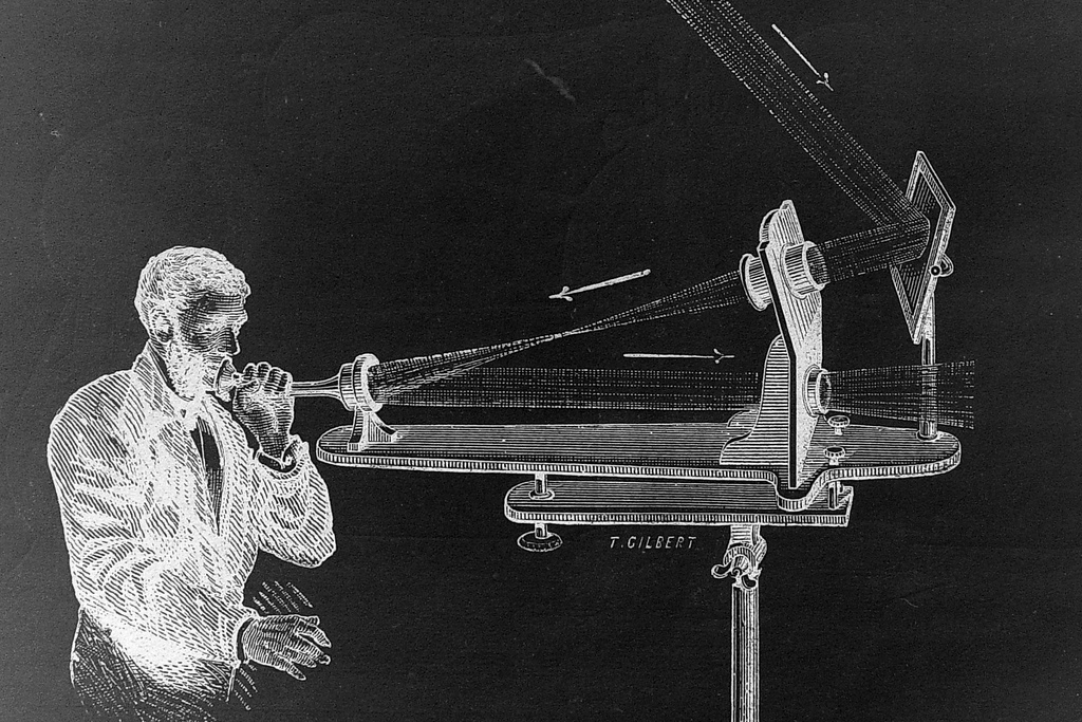
How the Telephone Conquered the World. Episode Two: 'Only an Electrical Speaking Tube'
The history of the invention of telephony reads like a captivating detective novel, but even more intriguing are the events that contributed to the worldwide adoption of this technology. In this series of columns on IQ.HSE, Anton Basov, HSE Faculty of Computer Science editor, discusses how telephones have become an integral part of our everyday life. The second episode in the series recounts the story of Alexander Graham Bell, who along with his wife and partners embarked on the journey of creating their 'start-up', seeking investments, promoting the telephone in Europe, and grappling with the absence of patent laws.
Student Research Paper Competition 2023 Begins
On September 1st, a new season of the open Student Research Paper Competition (SRPC) started. This competition is aimed at developing the potential of university students who are interested in academic activities. Students, as well as 2023 graduates of Russian and foreign universities, can submit their papers for the competition until October 15th, 2023. This year SRPC turns 20 years old, throughout the competition’s history, Vadim Radaev, HSE University’s First Vice Rector, has been the chair of the organising committee. In today’s interview, he talks about the history of the competition and the key stages in its development.

Researchers Predict Film Scores by the Activity of Facial Muscles
Researchers from HSE University and MEPhI have analysed which physiological indicators recorded when watching a movie can predict the audience's assessment. It turned out that the activity of zygomaticus major (the ‘smiling muscle’), heart rate variability and EEG indicators can tell us most about the viewer’s impression of the movie. The results of the study were published in the Frontiers journal. The Government of the Russian Federation supported the research with a mega-grant as part of the ‘Science and Universities’ national project.
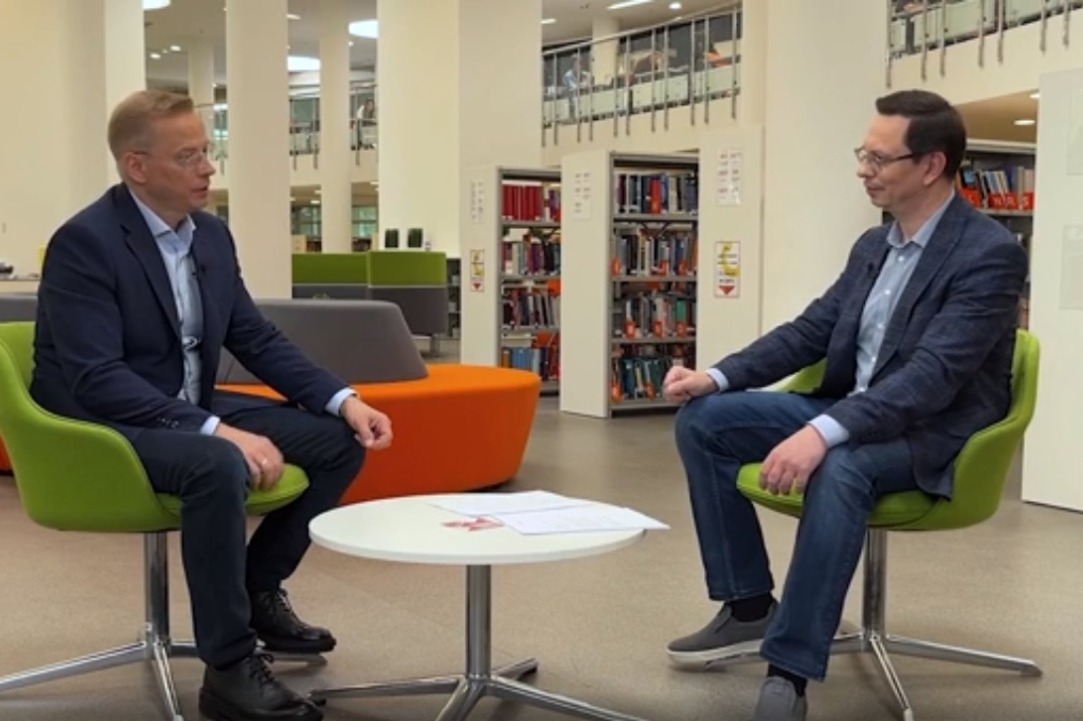
‘Administrators Must Create a Real University that Works for Each and Every Student’
Nikita Anisimov was appointed Rector of HSE University two years ago. In his interview with Ernest Mackevičius, Director of the HSE University Institute of Media, journalist, and television presenter, the HSE rector talks about how he came to the university, its achievements and development plans, and how to tell the difference between AI-produced and human texts.
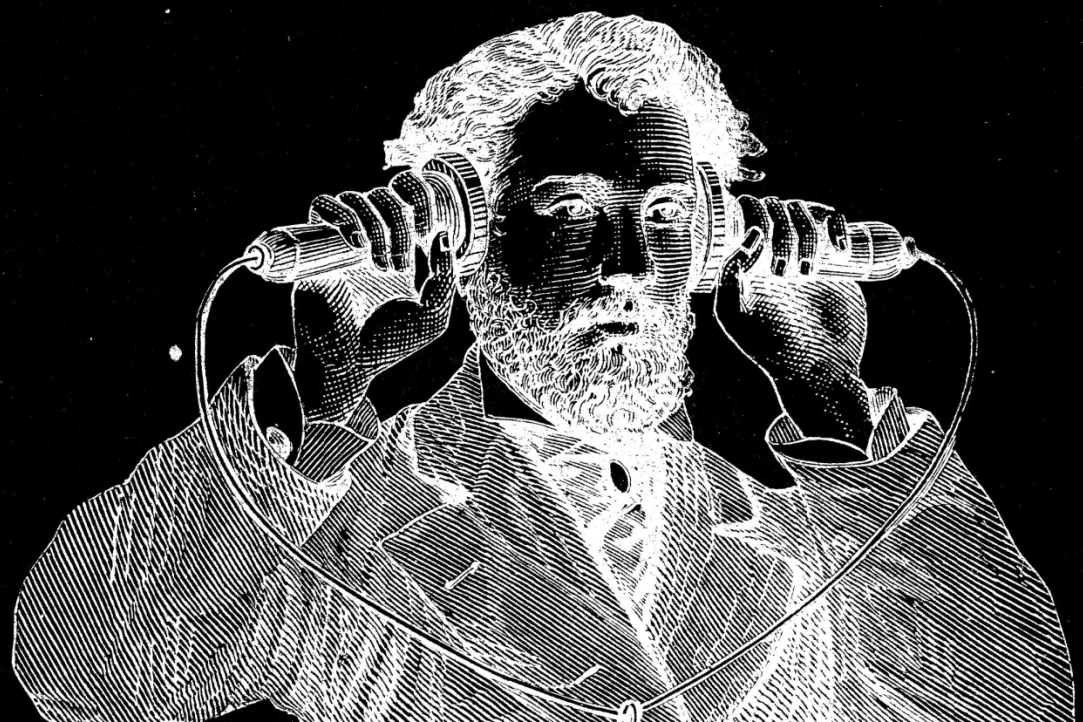
How the Telephone Conquered the World. Episode One: 'My God, It Talks!'
The telephone was invented more than 150 years ago. The history of its invention reads like a detective novel, replete with painstaking work, serendipitous discoveries, moments of enlightenment, and legal battles. Even more intriguing are the events that led to the worldwide adoption of this technology. In this series of columns on IQ.HSE, Anton Basov, HSE Faculty of Computer Science editor, discusses how telephones have become an integral part of our everyday life. The first episode in the series recounts the story of Emperor Pedro II of Brazil demonstrating Bell's telephone at the 1876 Centennial Exposition in Philadelphia.

Doctor's Consultation in Russia Doesn’t Depend on Family Income and Is Available to Everyone
HSE University economists have found that more than 60% of Russians rely on self-treatment instead of visiting a doctor, something which is facilitated by the easy availability of medicines in Russian pharmacies. This is especially typical for mild illnesses. Buying medicines depends on income, and quite often people replace expensive medicines with cheaper ones. The article was published in the International Journal of Health Economics and Management.

